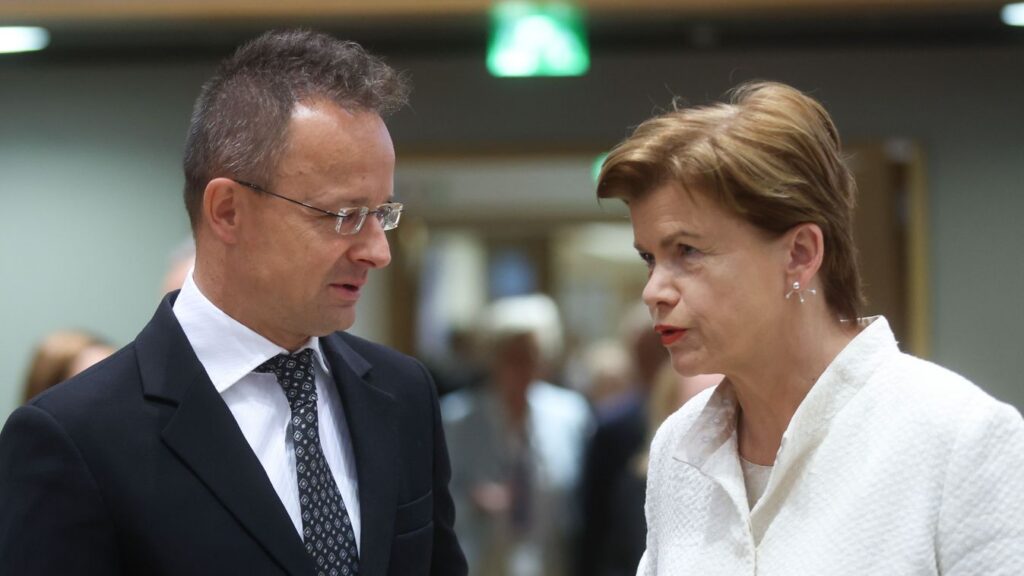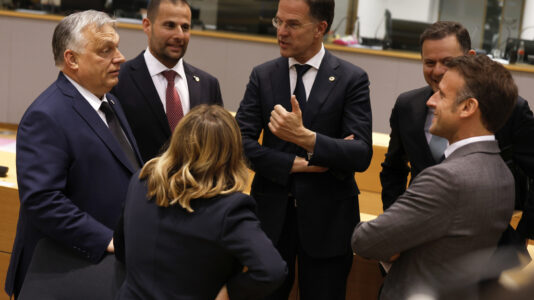Ukraine’s high causality rates combined with its struggle to conscript its own population means the EU will increasingly move to conscript European youth, mostly in the geographical proximity of Ukraine, to fight against Russia, said Hungarian Foreign Minister Péter Szijjártó following a meeting with EU foreign ministers.
“Ukrainian casualties are becoming more and more unbearable, Ukrainian men are not being allowed out of Ukraine, and now they want to conscript European youth into the war. And obviously, as the escalation hits this neighborhood first, one can almost clearly hear the argument that the soldiers should be sent from the geographical proximity first. All this means that they want to send Central European youth, including Hungarian youth, to the war with mandatory European conscription,” said Szijjártó during an interview with Hungarian media.

The Hungarian foreign minister said he would be firmly opposed to any efforts to institute a European mandatory conscription effort, stating: “Hands off Central Europeans, hands off Hungarian youth, we will not allow Hungarian youth to be involved in the war, because this is not our war.”
Szijjártó did not disclose which foreign ministers or member states are exploring the possibility of a European conscription effort, but recently, several countries have said they would consider sending their own troops to Ukraine if Russia had a breakthrough on the Ukrainian front, including France and more recently, the Baltic states.
However, a long-term goal of the left-liberal establishment in Brussels is the creation of an EU military force, including removing the decision-making process about defense from member states and centralizing it in Brussels. Under such a proposal, a potential conscription effort could arise that applies to all EU member states.
Szijjártó described an extremely intense atmosphere at the Council of Foreign Ministers in Brussels before the European Parliament elections. He stated that the mood turned sour when those present began to talk about the release of €6.5 billion for Ukraine, which the Hungarian foreign minister rejected, saying it would only escalate the war. However, his position came under extreme pressure from a number of other countries.
“And there was a big mess here. The German, Lithuanian, Irish, Polish and other colleagues fell against me in this matter, but this could not shake our position, despite the shouting of Europe’s pro-war politicians,” he said.
“They think that if they shout from many directions, then I will say that it is good, it is fine. However, they should already know us well enough to know this won’t happen,” he added.






